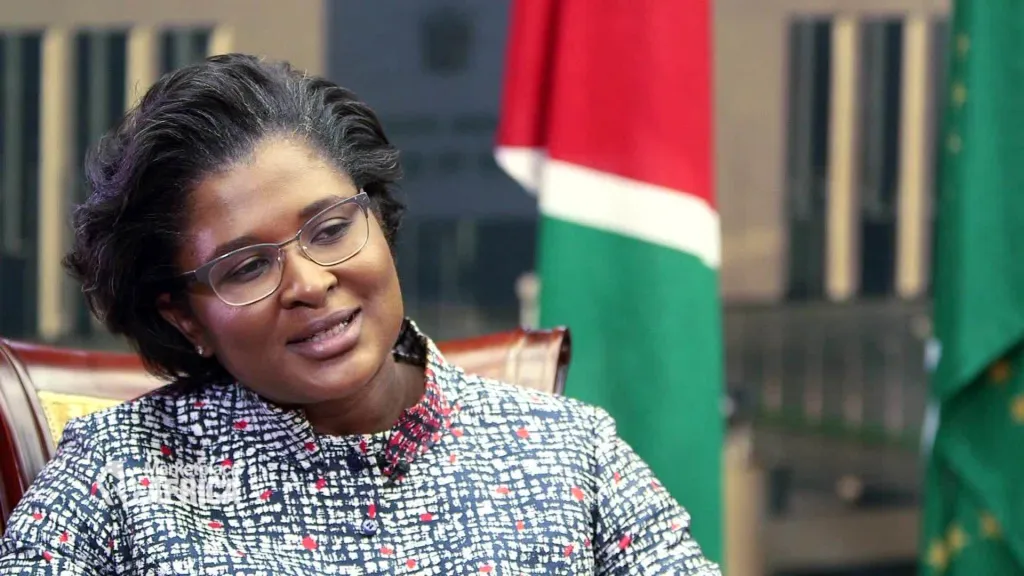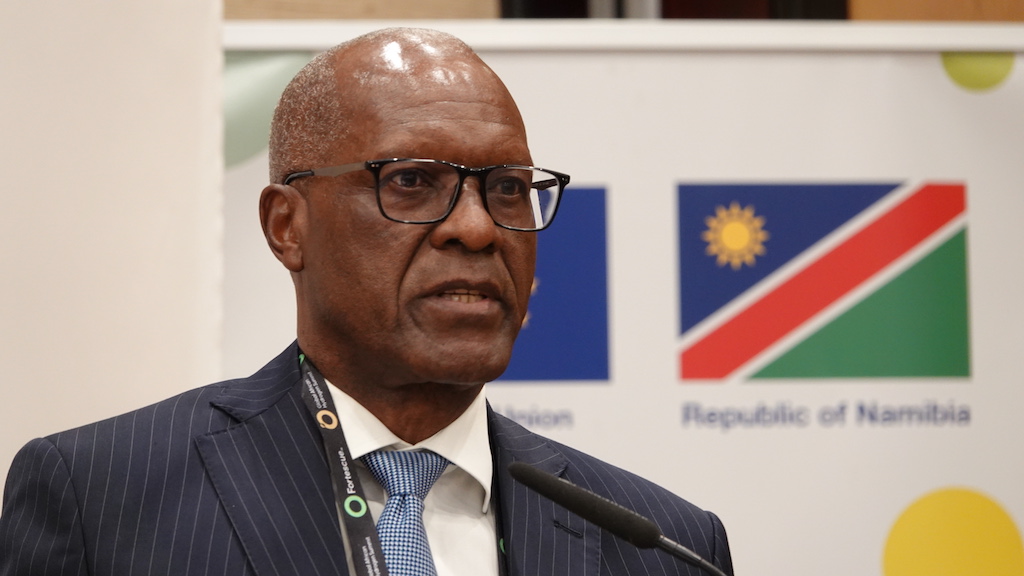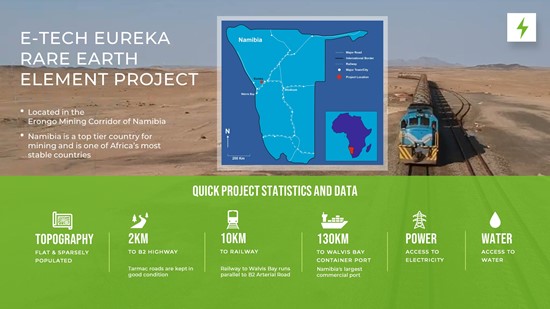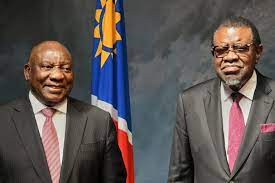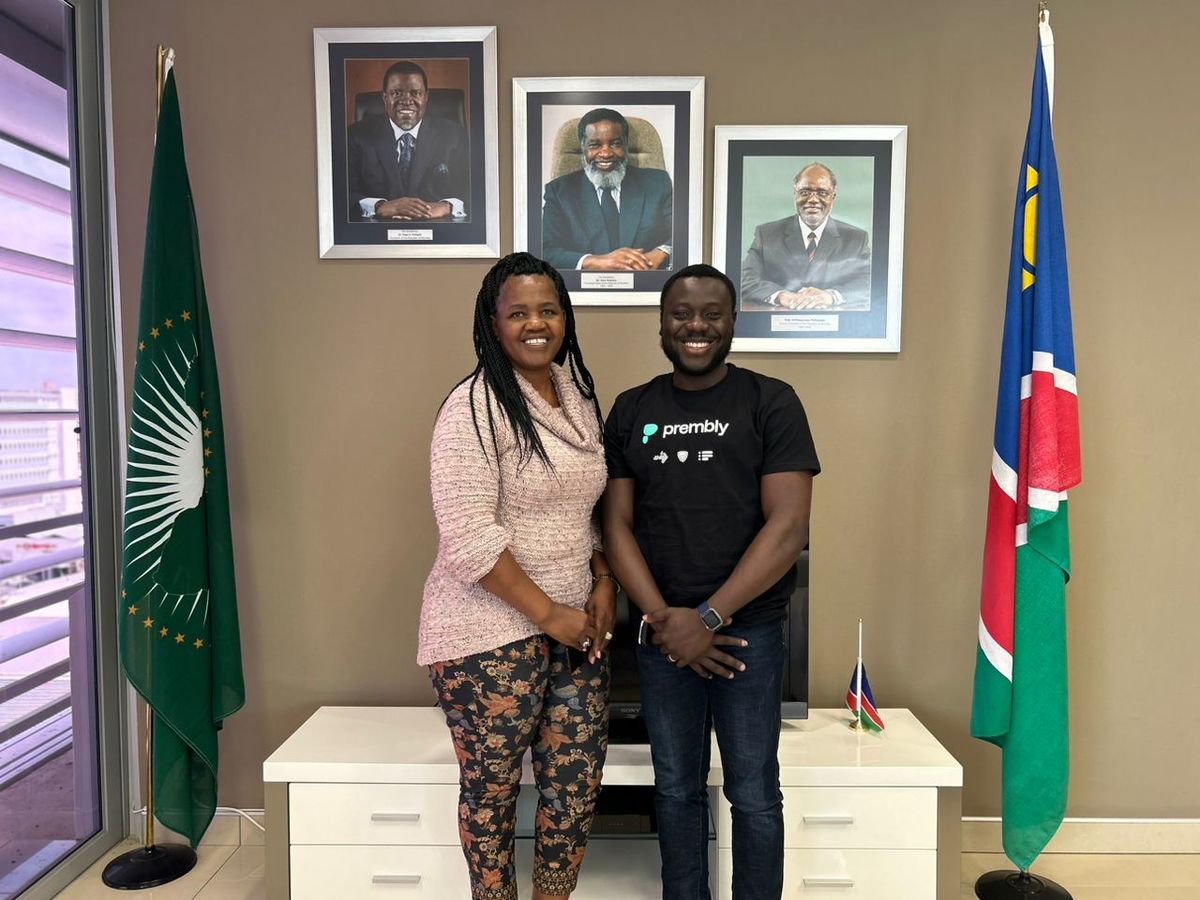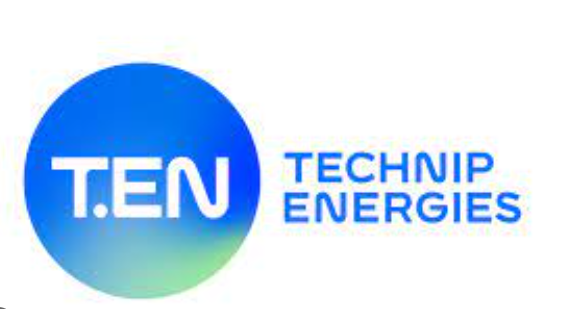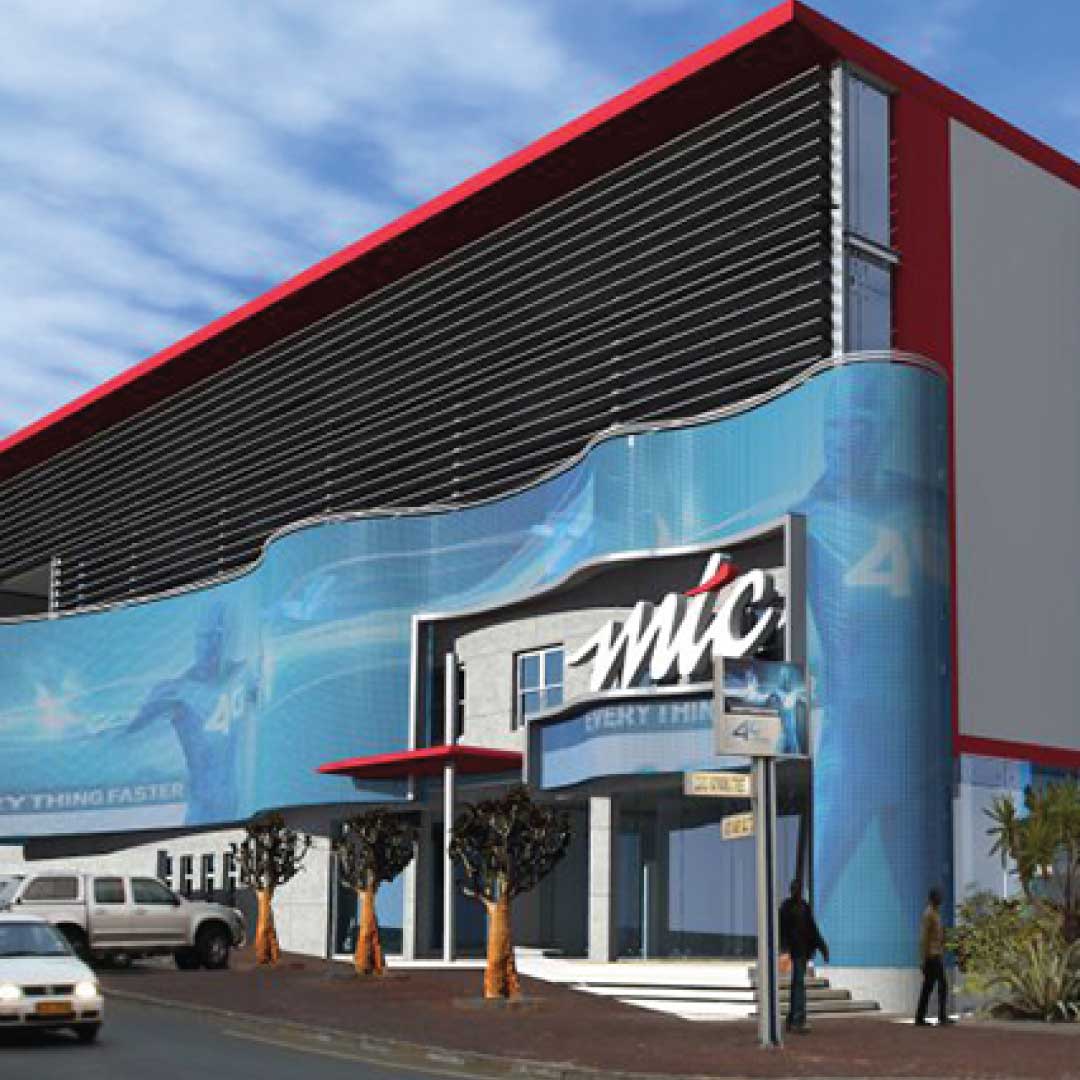Mobile Telecommunications Limited (MTC ), has announced that its voluntary sim-card registration campaign, which will run until the 1st of January 2023, has begun. The campaign is targeting more than 2 million subscribers.
This development came to be as a result of the country’s adoption of mandatory Sim card registration regulations this year. This comes into effect on 1 January 2023.
The Communications Regulatory Authority of Namibia (CRAN) warned citizens to register their SIM cards in the coming 12 months or face service provider termination.
During the regulator’s awareness campaign, CRAN Chief Executive Officer, Emilia Nghikembua said; “Operators will have a period of 12 months to conclude the registration of existing customers. The information of new customers must be registered within 3 months from the date of sale. Unregistered SIM cards will be deactivated.”
Nghikembua also said Mandatory SIM registration was in line with international best practices, with about 157 countries in the world currently implementing SIM registration.
“Namibia is one of two African countries that do not have SIM registration and we are therefore delighted to finally reach this milestone. The six-month-long awareness campaign follows consultation between CRAN and all relevant stakeholders. Mobile operators will be required to communicate to their existing customers on the registration modalities, which may in certain instances include registration through online platforms”, she said.
On the Importance of SIM Registration
Highlighting the importance of the SIM Registration exercise, Nghikembua said that having a secure authorized digital identity has become increasingly important in a democratic society in the interest of national security, public safety, and for the prevention of crime.
“SIM registration can enable many consumers to access value-added mobile and digital services that would otherwise be unavailable to them as unregistered users.
Namibia must leverage on the use of safe and secure mobile technology to enjoy the benefits of the Fourth Industrial Revolution and meet the United Nations Sustainable Development Goals,” she said.
She also said that the sim registration will help security agencies to track down some members of the public who use mobile phones for criminal activities; “through the registration of all active SIM cards, security agencies will be able to track criminals after following the procedures as set out in the applicable laws.
On Privacy Concerns
Speaking on privacy concerns regarding subscribers’ conversations and information, Nghikembua said the exact details of interactions will not be recorded, as only records of the daily interactions are recorded.
“And all data that is stored will only be released to a law office with direct orders from a judge or magistrate as the laws in place guarantee the right for privacy and freedom of speech. If there are any infringements, they must be addressed through the court of law.”
Requirements For The SIM Registration
Also speaking at the awareness campaign, MTC’s Chief Human Capital, Corporate and Marketing Officer, Tim Ekandjo stated that; “A registered card comes with security benefits – it helps prevent identity theft; forms the basis for systems that combat phone-based fraud, and it aids in combating cybercrime.
Moreover, this is particularly essential given the high rate of this form of crime. It also generally comes with convenience value of accessing electronic services, especially now that more companies are upgrading their service offerings to digital platforms.”
According to Ekandjo, the launch of the national SIM card registration awareness by the regulator Communication Regulatory Authority of Namibia (CRAN) on June 6, 2022, resulted in MTC taking a proactive voluntary SIM registration campaign for its over 2 million customers as supplementary to the regulator’s Efforts. He said customers can register at any MTC Mobile Home outlet countrywide.
“At this stage, it’s a pro-active exercise we initiated to offer sufficient time and convenience for our subscribers to register early before the mandatory registration kicks off in January 2023 as envisioned by the regulator CRAN.
Additionally, we are or will be having points of registration in all 14 regions, so that we offer our customers enough time to register way before it is legally enforced.
Registration will also take place at the various shows, where MTC team will be present. Registration is free and done in contact/person – meaning that a person must be present at a registration point and must bring along identity documents i.e. ID card/passport/new driver’s license/valid voter’s card.
They must also bring a police declaration that you are the rightful owners of the number that you are registering in your name.
They must also bring proof of residence which can be a municipal statement or a letter from your nearest church, school, constituency councilor, or police declaration of where you reside. Lastly, also bring along your device.”
About MTC
Mobile Telecommunications Limited is a mobile telecommunications company and internet service provider in Namibia. It is the largest mobile carrier in Namibia with over two million active subscribers. MTC was established in 1995 and was the only cellular provider in Namibia at that time.
